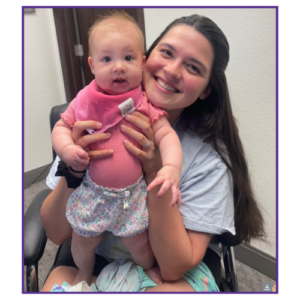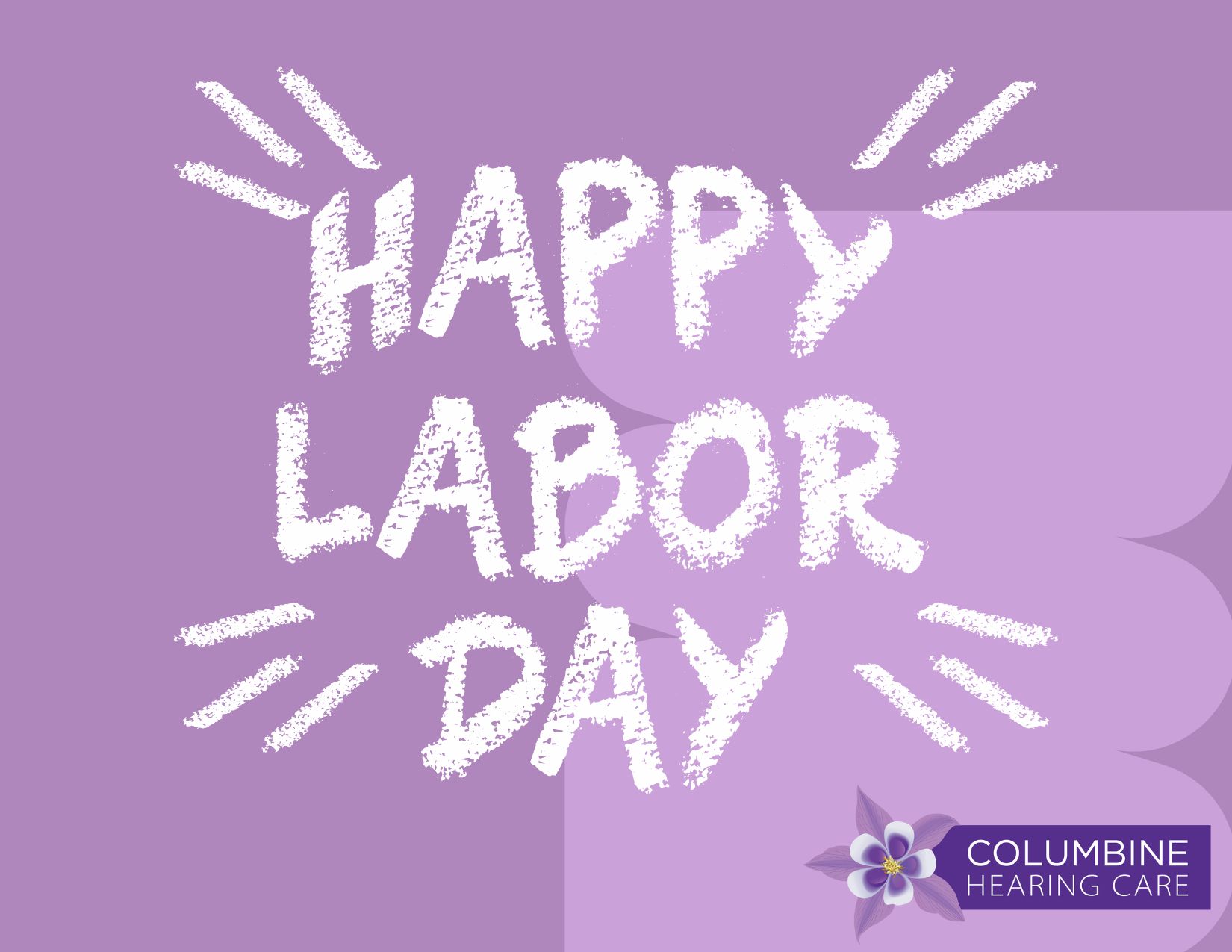Fun Fact
Did you know that the smallest bones in the body are in the ear? The malleus, incus & stapes (also knows as the hammer, anvil & stirrup) are located in the middle ear and play a vital role in the transmission of sound from the air to our inner ear!
Upcoming Events
- September 19 & 20: CLOSED for Staff Training Event
Are Online Hearing Tests Valid?
It seems like everything is completed online these days – you can buy nearly anything and so many tasks and tests can be performed online; in fact, you can even check your hearing online! BUT, I’m going to stop you right there before you search for one . . . first, let’s chat. Is this really a good option for you? Is it accurate? Is it worth your time and effort? A recent blog on the Columbine Hearing Care website discusses some of these issues – particularly the benefits and limitations of online hearing tests. Here is a preview:
BENEFITS:
- Convenient
- No special equipment necessary
- No appointment needed
- It’s quick!
- It’s easy!
LIMITATIONS:
- Accuracy
- Reliability
- Lack of soundproof test environment
- No visual inspection of ear
- Quality and thoroughness of test
While it may seem appealing to hop online at your leisure and quickly take a hearing test in five minutes, it unfortunately will not provide you with a specific, detailed audiogram detailing your hearing abilities/loss. The takeaway message from an online hearing test should only be whether or not you should see an audiologist for an in-person comprehensive hearing evaluation. In order to fit prescription hearing aids, a hearing care provider will need frequency-specific hearing thresholds in each ear which an online test will not accurately provide. If you performed poorly on the online test, schedule an appointment with us for a thorough hearing evaluation!
A comprehensive hearing evaluation performed with a licensed hearing care provider will take place in a soundproof/sound-treated testing environment to avoid any unnecessary or interfering environmental sounds. This is difficult to replicate in your home and the lack of this soundproof environment may lead to inaccurate results.
One major limitation of an online hearing test is that there is not a professional inspecting your ears for excessive wax or debris before the test; you will not know whether wax is causing your hearing loss or if there is a true, permanent hearing loss present.
Columbine Hearing Care prides itself on using best practices and performing a wide variety of testing to gain a complete picture of your ear health and hearing. We perform a thorough case history to learn more about you and your overall health and hearing history, otoscopy (to check for earwax), tympanometry (to check the function of your middle ear system) and speech-in-noise testing to check your abilities to understand speech in the presence of background noise (like that in a restaurant or group). This is in addition to the standard practices performed.
Best and most important benefit of an in-person hearing evaluation with a hearing care professional? We get to build a relationship with you from the very first moment you call our office and that is PRICELESS. 💜
Patient of the Month

I started working with Kayli in 2010 when she was a shy 14-year-old. Now she is 28 and married with two beautiful children, Kaia (4-months-old) and Colton (4-years-old). This month I fit her with a brand new pair of hearing aids and custom earmolds in her favorite color (and mine), purple!
Kayli is a good reminder that hearing loss happens at all ages. Hearing aids are not for “old” people – they are for people who want to hear and communicate with ease. Kayli loves her hearing aids and would not go a single waking hour without them. And, as you can see from the photo, this busy mama is a poster child of YOUTH!
Brenda’s Sound Bites
Over-the-Counter Hearing Aids: The Unintended Consequences
As the dog days of summer come to a close, now seems like a good time to wrap up one of the hottest topics of the year: over-the-counter (OTC) hearing aids. As of late, our office has been receiving a higher volume of calls from people that have tried OTC hearing aids, and in their own words, are “disappointed and frustrated with the experience.” The introduction of OTC hearing aids was seen as a promising solution to make hearing assistance more accessible and affordable. However, despite the initial excitement, the reality has not met expectations. In fact, OTC hearing aids have not made the positive impact that many hoped for and may have inadvertently hindered people from seeking the professional help they need.
Limited Effectiveness for Diverse Needs
OTC hearing aids are marketed as a convenient option for those with self-proclaimed mild to moderate hearing loss. Read that statement again, “self-proclaimed mild to moderate hearing loss.” One of the most significant drawbacks of OTC hearing aids is that they discourage people from seeking professional help. Hearing care professionals, such as audiologists, play a crucial role in diagnosing and treating hearing loss. Hearing loss is a complex condition that varies greatly from person to person. OTC devices, designed as one-size-fits-all solutions, fall short of providing the personalized hearing aid fittings and ongoing support that many people need. On the contrary, prescription hearing aids are customized to an individual’s specific hearing loss based on a comprehensive hearing test and other best practices to ensure optimal hearing outcomes.
Increased Risk of Misdiagnosis and Delayed Treatment
By bypassing hearing healthcare professionals, individuals who purchase OTC hearing aids may miss out on critical insights into their hearing health. Hearing loss can be a symptom of underlying health issues, or even more serious conditions. By opting for OTC hearing aids without a professional evaluation, individuals risk misdiagnosing their condition. This not only delays proper treatment but can also lead to worsening hearing loss over time. In some cases, the use of inappropriate hearing aids can exacerbate the problem, leading to frustration and reduced quality of life.
The Path Forward: Integrating Professional Care with Accessibility
While the idea of accessible, affordable hearing aids is commendable, it is essential to integrate professional care into the process. OTC hearing aids can be a starting point for some, but they should not replace the expertise of hearing care professionals. Ensuring that individuals have access to professional guidance alongside OTC options is crucial for improving hearing outcomes. A comprehensive approach that combines accessibility with professional care is needed to truly make a difference in the lives of those with hearing loss.
Hearing is too important to leave up to chance.
Please contact us if anyone you know is struggling with their hearing.
Sincerely,
Brenda


